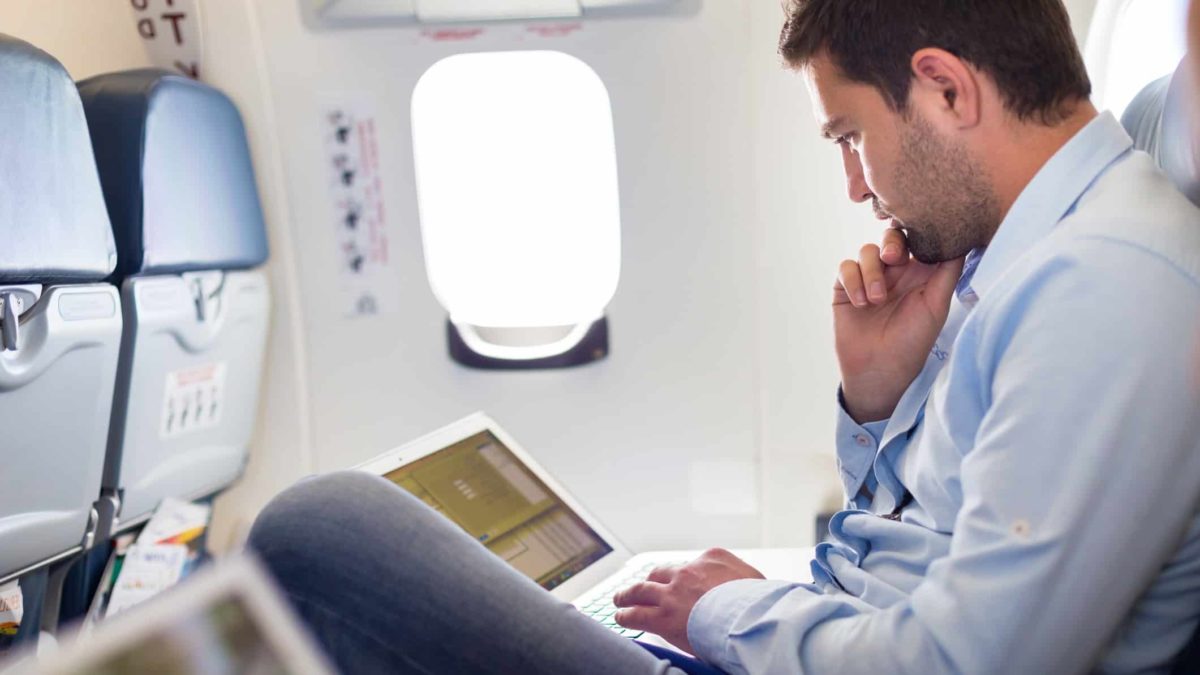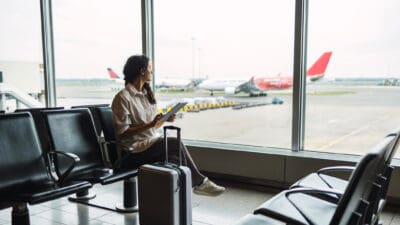Qantas Airways Ltd (ASX: QAN) shares have been receiving plenty of attention since the S&P/ASX 200 Index (ASX: XJO) airline released its FY22 results on 25 August.
The biggest headline grabber was Qantas' $400 million on-market share buyback announcement.
That decision has stirred controversy among financial analysts.
While revenue for the 12 months through to 30 June increased 53.5% year-on-year to $9.1 billion, the airline recorded an underlying loss before tax of $1.9 billion.
Net debt dropped year on year but still came in at $3.9 billion. Though it's worth noting that's less than the $4.7 billion net debt the company held pre-pandemic.
With these rather diverging numbers, you can see how Qantas share buyback call is dividing the experts.
Is the Qantas share buyback reckless?
Deputy head of research at InvestSmart Gaurav Sodhi is among the analysts who believe the $400 million Qantas share buyback funds could be better spent pleasing all the company's stakeholders. Not just Qantas shareholders.
According to Sodhi (quoted by The Australian Financial Review)
You've got to distribute an economic surplus with a long-term view and that's what profit is. If all you do is take every surplus and give it to shareholders that'll make shareholders very happy. But you've lots more stakeholders than that and if you want to build a business for a long time and do well for a long time you have to try to keep a lot of different parties happy.
Qantas has been struggling amid the global reopening, hit by labour shortages that are impacting businesses across the board.
Among its specific headaches, the airline has come under fire for outsourcing its ground handling crews, the surge in undelivered baggage, and its lengthy series of cancelled and delayed flights.
With this in mind, Sodhi believes the Qantas share buyback funds would more accurately be labelled excess working capital than profits:
Qantas has really focused on shareholders. It's clear customers are angry at them, staff are angry and them, the brand is suffering. Labour is so hard to find and keep right now, I would've thought you'd maybe want to distribute a little bit of your surplus to labour. It seems to me it's excess working capital being returned to shareholders, not excess profitability.
To be clear, Sodhi is bullish on the outlook for Qantas shares. He's just not a proponent of the buyback, saying:
Qantas is a fantastic business, it's not some basket case, you've got a duopoly in domestic airfares which makes fantastic returns on capital, year in year out. The frequent flyer business I'd say is one of the top five businesses in Australia, it's a literal license to print money. It's capable of generating good returns, they don't need to do a buyback.
Does the buyback indicate confidence in the future?
UBS analysts count amongst those favouring the Qantas share buyback decision.
Following the airline's FY22 release, UBS retained its buy rating and lifted its price target for Qantas shares to $6.80. That's 32% above the current share price of $5.17.
UBS has a bullish outlook, with Qantas' FY22 results beating its estimates. UBS also said that the $400 million buyback indicated management is confident in its outlook.
How have Qantas shares been tracking?
Gaining 2.2% in morning trade today, Qantas shares are back in the green for 2022, up a slender 0.1%. That compares to a year-to-date loss of 10.9% posted by the ASX 200.








